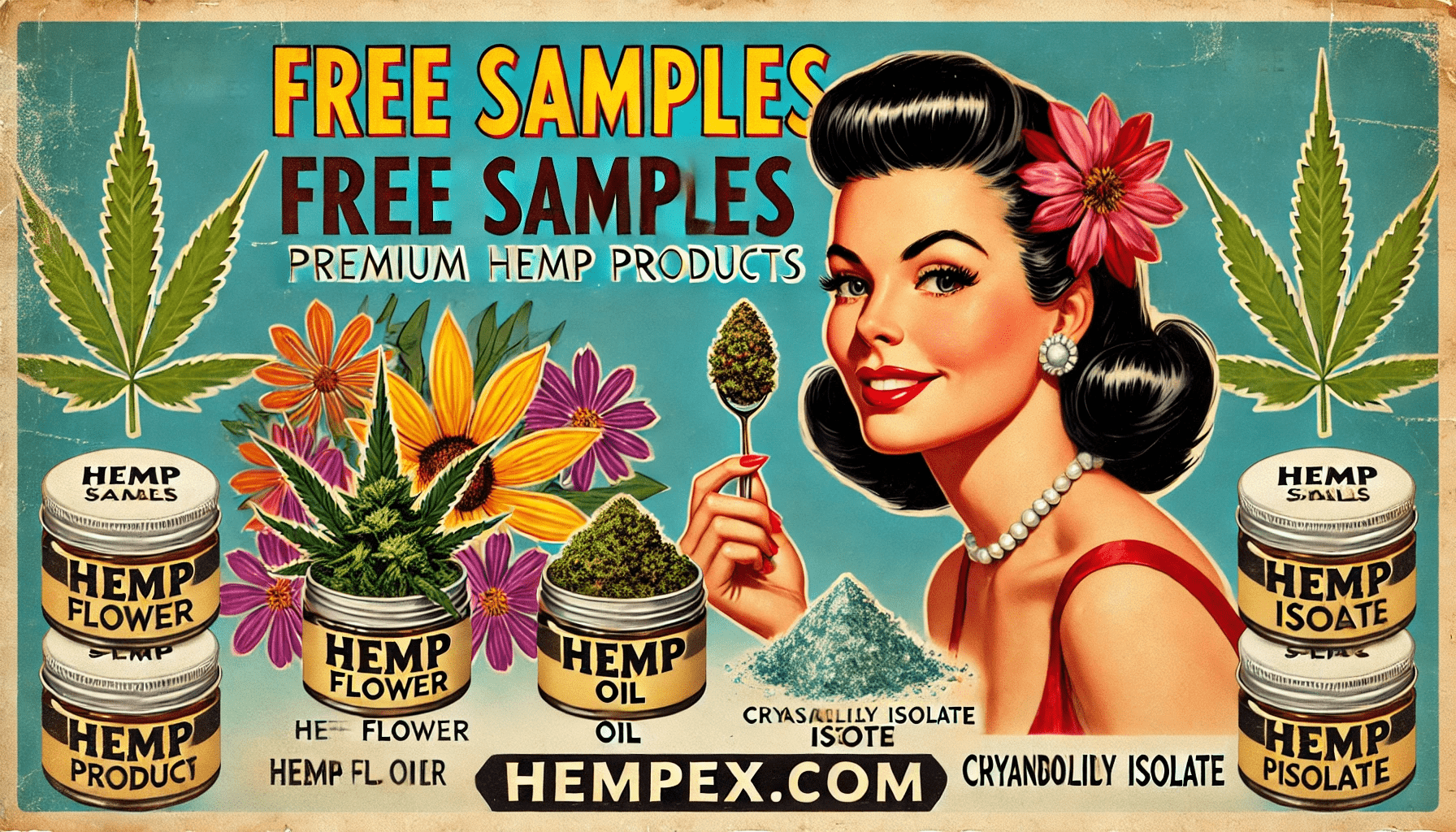Hemp Extracts Legal Under 2018, 2019 Farm Bill
Hemp Extract Legality: Navigating the Laws Around Legal Hemp Extracts
The legality of hemp extracts has been a topic of significant interest and complexity since the passage of the 2018 Farm Bill. The bill provided a clear legal framework for hemp and hemp-derived products, including hemp extracts, but businesses and consumers must adhere to strict guidelines to ensure compliance. In this article, we’ll delve into the legal aspects of hemp extracts, how compliance works, and the importance of testing and labeling to maintain legality.
What Are Hemp Extracts?
Hemp extracts refer to products derived from the hemp plant, typically rich in CBD and other beneficial cannabinoids, with THC levels below the federal limit of 0.3%. These extracts can be found in a variety of forms, such as CBD oil, tinctures, topicals, and capsules, all of which have gained significant popularity due to their potential health benefits.
Legal Framework: The 2018 Farm Bill
The 2018 Farm Bill federally legalized the cultivation and processing of hemp, removing it from the list of controlled substances, provided that the hemp plant contains less than 0.3% THC on a dry weight basis. This reclassification allowed for the legal production and sale of hemp extracts, provided they meet this stringent THC threshold.
It’s important to note that while the Farm Bill provides a federal framework, hemp extracts must also comply with state-level regulations. States have the authority to create their own guidelines, which may include additional requirements around testing, packaging, and labeling. For businesses involved in the production or sale of hemp extracts, understanding both federal and state laws is crucial to staying compliant.
Why Compliance is Key for Hemp Extract Legality
To ensure that hemp extracts remain legal, companies must adhere to compliance protocols, which include maintaining proper THC levels and adhering to strict testing procedures. The 0.3% THC limit is a hard line for the legality of hemp extracts, and exceeding this limit means the product is classified as marijuana, which remains federally illegal.
Testing and Compliance
The testing process plays a vital role in maintaining the legality of hemp extracts. Products should undergo rigorous testing by third-party labs to ensure that the THC levels are below the legal threshold and that they are free from contaminants, including pesticides, heavy metals, and microbial impurities. This third-party verification not only guarantees compliance but also offers transparency for consumers, ensuring that the product is safe and accurately labeled.
Manufacturers of hemp extracts must also test at multiple stages of the production process, including after extraction, during formulation, and in final product testing to ensure that no unintended spikes in THC occur. This practice is especially important for businesses that extract cannabinoids, as the extraction process can sometimes cause the THC content to fluctuate.
State-by-State Variations in Hemp Extract Laws
While the 2018 Farm Bill legalized hemp and hemp extracts on a federal level, each state has the autonomy to establish its own hemp regulations. Some states have embraced the cultivation, sale, and distribution of hemp extracts, while others maintain stricter guidelines. For instance, certain states may require hemp extracts to have additional labeling standards, or they may restrict specific products, such as smokable hemp or certain CBD products. Retailers and manufacturers must stay informed of these variations to ensure that their products meet both federal and state guidelines.
Labeling Requirements for Legal Hemp Extracts
Clear and accurate labeling is a critical component of compliance. All hemp extracts sold in the U.S. must include detailed information, such as the CBD content, the THC level, and a Certificate of Analysis (COA) from a third-party lab. This information provides consumers with transparency and builds trust, showing that the product has been thoroughly tested and meets legal standards.
Labels must also avoid making unsubstantiated health claims. The FDA has cracked down on companies that market hemp extracts with claims of curing or treating medical conditions. While CBD and hemp extracts have been widely recognized for their potential health benefits, it’s important to follow regulatory guidelines to ensure that products are marketed legally.
Hemp Extracts: Varying Legal Status in Retail Products
Hemp extract retail products, such as CBD oils, tinctures, and capsules, are legal to sell under the 2018 Farm Bill, provided they contain less than 0.3% THC. However, the specific regulations around their sale may vary by state. For example, some states have enacted laws banning certain CBD products, such as edibles, while others fully embrace the retail sale of hemp extracts.
Because of these differences, companies looking to sell hemp extract products must stay updated on state-level guidelines to avoid legal issues. It is especially important for eCommerce retailers selling hemp extracts online, as their products may be subject to regulations in various states across the country.
Shipping and Interstate Commerce for Hemp Extracts
Thanks to the Farm Bill, hemp extracts can be legally transported across state lines, as long as they remain compliant with federal THC limits. This has enabled the growth of a nationwide hemp extract market, allowing consumers from various states to access CBD products legally. However, despite this legal framework, shipping laws may still be affected by local state regulations, so it’s essential to stay informed of any restrictions in the destination state.
Conclusion: Hemp Extracts and the Future of Legal Compliance
The 2018 Farm Bill ushered in a new era for hemp extracts, making them federally legal and opening the door to a rapidly expanding market. However, staying compliant is c

